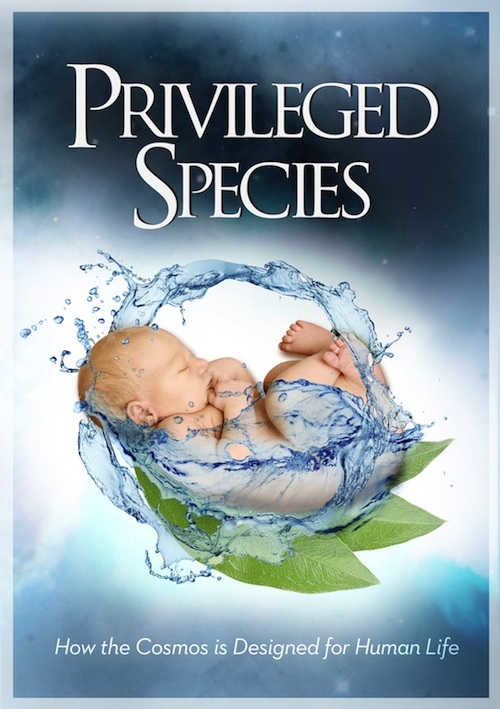 Intelligent Design
Intelligent Design
Privileged Species with Michael Denton, the Antidote to Cosmos, Will Have Its Southern California Premiere on Friday

Michael Denton’s work is the antidote to Cosmos. Rather than insisting on the mediocrity of our planet and the life on it, as astrophysicist Neil deGrasse Tyson did in the recent landmark TV series, renowned Australian biologist Dr. Denton reveals the design in our physical environment on Earth, which gives every appearance of having been fashioned for us with supreme precision and care.
This Friday at 7 pm, the gorgeous new documentary Privileged Species, explaining Denton’s thought, will have its Southern California premiere. The venue is Biola University’s Sutherland Auditorium. For more information and to register, go here.
Dr. Denton, author of the groundbreaking books Evolution: A Theory in Crisis and Nature’s Destiny, will be present for the event. There will be a Q&A after the screening.
With other leading critics of Darwinian theory and advocates of intelligent design, Dr. Denton is helping to overturn the Darwinian idea that life, especially human life, is the result of accidents in a blind and uncaring universe. Privileged Species explores the growing the evidence from physics, chemistry, biology, and related fields that our universe was designed for large multi-cellular beings like ourselves.
The documentary investigates the special properties of carbon, water, and oxygen that make human life and the life of other organisms possible, and it explores some of the unique features of humans that make us a truly privileged species.
Our new book The Unofficial Guide to Cosmos critiques the Cosmos series, episode by episode. Michael Denton’s research presents the positive case for our planet’s design for life. The book and the film are the perfect complements to each other, if we do say ourselves.
